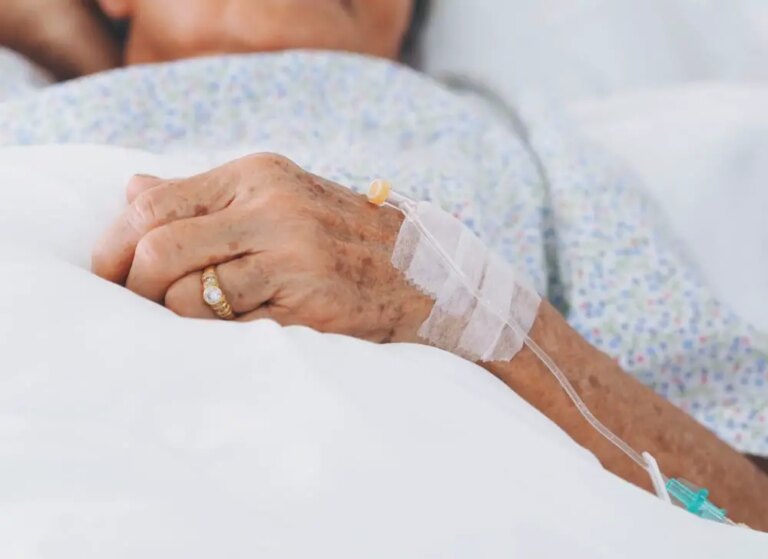LED lights have replaced fluorescent bulbs in our homes. But now, a new warning about LED lights comes to us from France. Not only do blue lights disrupt our sleep, but they could also do permanent damage to our eyes.
How Does Blue Light Affect Our Health?
We’ve heard before that blue light can disrupt our natural sleep rhythms. This is because our eyes have blue light photoreceptors. This means that having a blue light in your room while you sleep can suppress the hormone melatonin, which is needed for healthy sleep.
Now, ANSES, the French agency for Food, Environmental and Occupational Health & Safety, found evidence to confirm the ‘phototoxic effects’ of short-term exposure to high-intensity blue light. Someone suffering from phototoxicity is overly sensitive to light on their skin and eyes.
They also found that the retina in our eyes can become damaged due to chronic exposure to low-intensity sources of blue light. This is a problem because it can increase your risk of age-related macular degeneration, which is the leading cause of vision loss in America, especially for those over 50.
What is Age-Related Macular Degeneration?
Age-related macular degeneration is an aging-related change of the cells that make up the infield of the retina. The area responsible for sharp vision becomes damaged over time, thus leading to vision loss. And, unfortunately, there is no known cure.
Though this is primarily a concern for older and aging adults, children are still developing. Their eyes cannot fully filter blue light until they are fully mature, so parents need to be extra careful when it comes to blue light.
Can We Filter Out Blue Light?
There are anti-blue light screens, sunglasses, and filters you can buy in an effort to reduce negative effects of blue light. There is just one problem – they have not been proven to work and I don’t recommend them. A study from 2017 looked at how effective these products were and they did not find enough high-quality evidence to support their use. That being said, sunglasses are designed to block out ultraviolet light, so it’s possible yellow-tinted glasses could be useful in reducing how much blue light gets into your eyes.
What I do recommend, however, is limiting the use of cold blue and white lights in your home. These were found to be more harmful than ‘warm white’ LED lights, which have a weaker phototoxicity risk.




















